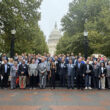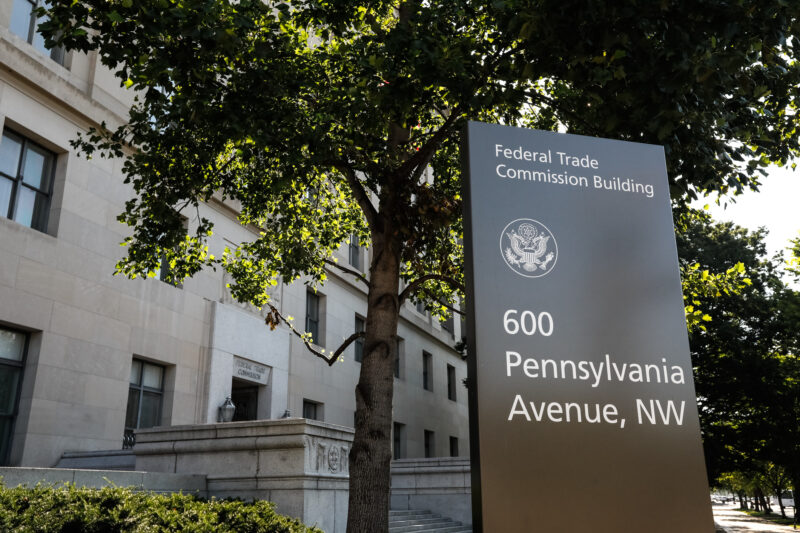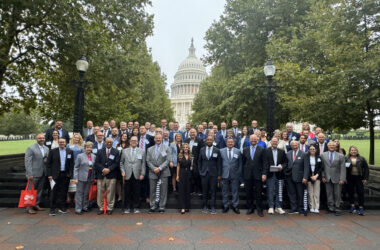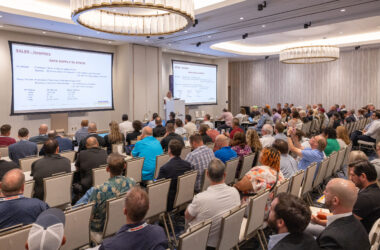The Federal Trade Commission issued its final rule banning the enforcement of noncompete agreements, which NIADA and several other associations opposed.
The ban will become effective in 120 days and will bar the noncompetes for future employees. Existing noncompetes for senior executives can only be enforced for employees earning more than $151,164 and in “policy-making” positions.
The FTC proposed the rule in January 2023 and received more than 26,000 comments.
The U.S. Chamber of Commerce in February 2023 sent a letter to U.S. congressmen in opposition to the proposed rule. NIADA signed onto the letter, joining dozens of other federal, regional and state associations, in opposition.
The letter questioned the FTC’s authority to issue the ban and raised concern about the impact to the industry.
“In February 2023, NIADA, along with over 100 other trade associations and the U.S. Chamber of Commerce, sent a letter to the U.S. Congress detailing our opposition to the, at that time, proposed rule from the FTC invalidating non-competes,” said Jeremy Beck, NIADA Vice President of Dealer Development. “As we stated in that letter, we believe the FTC lacks constitutional or statutory authority to issue such a rule. We are disappointed that the FTC has issued their final rule, the non-compete clause rule, effectively invalidating most noncompetes currently in place and prohibiting the use of them in the future. We continue to advocate for our members by opposing this rule and encourage members of the U.S. Congress to assert their constitutional authority.”
The ban does not eliminate trade secret regulations and non-disclosure agreements.
To comply, dealers must do the following:
Come into compliance with the rule during the 120-day compliance period starting on the day after the rule is listed in the Federal Register.
Cease issuing noncompetes as a term or condition of employment for any employees.
Current employees whereby a noncompete is in place are immediately invalid, with one exception relating to “senior executives.”
Notify, in writing, employees and former employees that are under a noncompete, excluding defined “senior executives” that their non-competes will not be enforced.
“Senior executives” are excluded from non-competes already in place. “Senior executive” is defined as a worker making more than $151,164 in total compensation (salary, commission and nondiscretionary bonuses) who is in a “policy-making position.” “Policy-making position” is defined as a business entity’s president, chief executive officer, or equivalent, or any other officer of a business who has policy-making authority.
Notably, under the rule, while existing noncompetes for senior executives can still be enforced, it prohibits all noncompetes for all employees moving forward.
- NDAs (non-disclosure agreements) are not considered non-competes, and are still allowable, under this rule, as long as they do not infringe upon the “functions to prevent” prong of the rule, whereby the non-disclosure agreement would be so broad to prevent an employee from obtaining work in a competitive scenario.
- NSA’s (non-solicitation agreements) are not considered non-competes, and are still allowable, under this rule, so as they do not “function to prevent” an employee from gaining employment in a competitive scenario. Specifically, the rule states that “non-solicitation agreements are generally not non-compete clauses under the final rule because, while they restrict who a worker may contact after they leave their job, they do not by their terms or necessarily in their effect prevent a worker from seeking or accepting other work or starting a business”.
Workplace handbooks and policies are to be amended to remove any language of non-competes.
The rule does not apply to a bona fide sale of a business entity.










